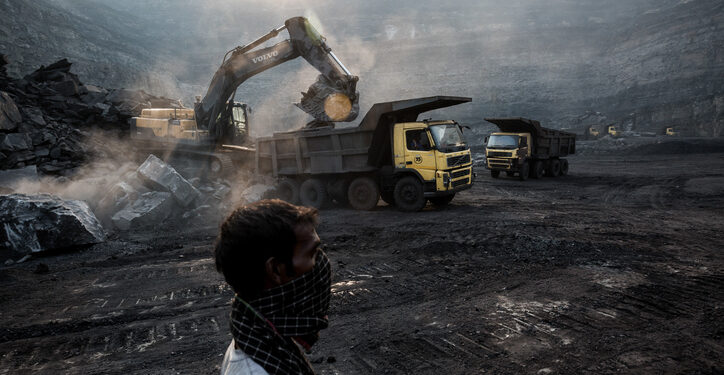This is Part 4 of a WNN exclusive series “Protecting Whistleblowers is Key to Protecting Democracy in India” reporting on efforts within India to incorporate different categories of whistleblowers within a whistleblower protection law that is on the horizon.
At the Constitution and Unity Conference in Bangalore held in February, participants in a session on whistleblowing in India argued that environmental activists should be protected under a whistleblower law. The working group seeks to expand the definition of a “whistleblower” to anybody who reports the arbitrary use of power.
Participants in the session pointed out that environmental activists report the arbitrary use of power by publicizing the rights violations and environmental risks occurring through various development projects. This would expand the category of whistleblower to include India’s tribal communities who organize against displacement by large development projects, journalists publishing material related to environmental concerns, and citizens raising environmental issues in courts such as India’s Green Tribunal.
In the wake of these conversations, Whistleblower News Network spoke with Kumar Sambhav, founder of Land Conflict Watch (LCW), to learn more about the struggles communities and environmental activists face in such conflicts across India. LCW identifies land conflicts in India using news alerts, police reports, court documents, and other evidence. Upon verifying the existence of a conflict, LCW researchers quantify how many people are affected, how much land is involved, and how much money is invested in projects connected to the conflict in order to track this in a database. The ultimate objective of this data is to facilitate decision-making on land and investments in a way that minimizes conflicts and resolves them.
Sambhav was motivated to create the database because corporate owned mainstream media platforms discouraged reporting on land conflicts, arguing that they happen in geographically remote communities with smaller populations who often don’t speak English. Therefore, news on land conflict would not be relevant to the average citizen.
He said, “You think this is a small issue? If you look at it across the country, then this is the most fundamental issue about natural resources.”
The database is designed so that users can see the scale of land conflicts across India and look at the data for different states and different industry sectors. It relies on information from all parties involved in the conflicts, including the communities and their representatives at a grassroots level, to empower the public with essential information. Among the 781 conflicts reported in the database, LWC calculates that 9.4 million people across India are affected by land conflicts, and ₹3.11T in investment are at stake.
The database also sheds light on the violations that communities and environmental activists face in each conflict, such as evictions, criminalization, lack of compensation for losses, and persecution for protecting their rights.
Participants in the Constitution and Unity Conference’s whistleblower session believe that a whistleblower law must provide environmental activists with legal recourse for confronting these attacks to adequately protect them.
Sambhav expressed a similar opinion. He said, “If they have raised a complaint in the past and there is any retribution against them, that has to be identified as retribution under the law. That should include environmental defenders who are protesting or who haven’t made a formal complaint to a government agency… it should include any audio-visual record of a public complaint.”
The importance of such protections cannot be emphasized enough. Environmental activists have been called “urban Naxals,” a name which suggests they are anti-national and are detrimental to India’s economic growth. Some have even been arrested for sedition. According to Reporters Without Borders, nearly half of the journalists killed in India since 2014 were working on stories linked to the environment.
In addition to providing formal protections, formally recognizing environmental activists as whistleblowers could also help combat the narrative that they are anti-national by emphasizing instead that environmental activists are standing up for democracy and people’s rights.




